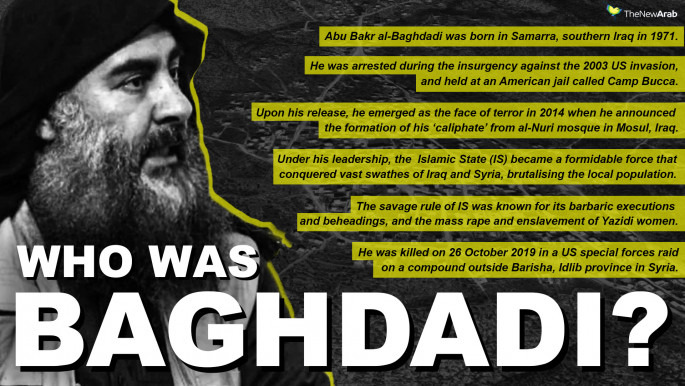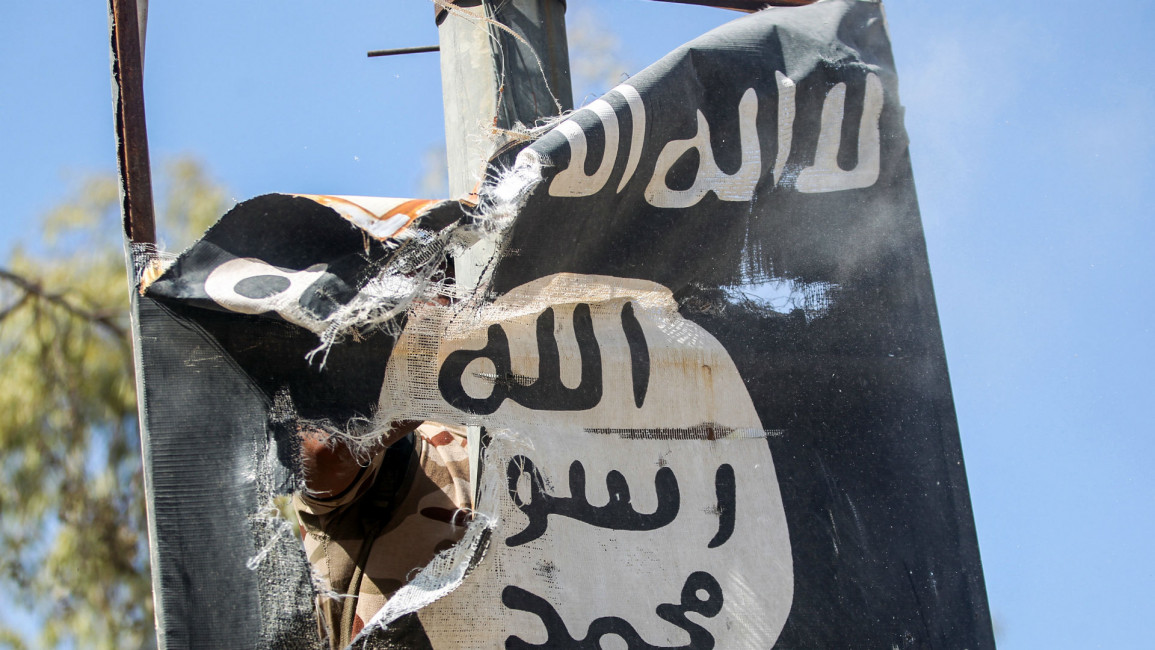US military claims 'success' in hacking Islamic State propaganda machine
The heavily redacted, previously top secret documents said the US Cyber Command "successfully contested ISIS in the information domain" and limited its online efforts on radicalisation and recruitment "by imposing time and resource costs" on the jihadist group.
The documents released by the National Security Archive at George Washington University offer the most detailed look at "Operation Glowing Symphony," the first offensive hacking operation acknowledged by the Pentagon.
The assessment pointed to a "significant reduction" in the online campaign waged by IS, but added that the Cyber Command efforts were slowed by a "lengthy and difficult" process for approving its operations.
It said that, given the expectation of "more frequent and widely scoped cyber operations," better procedures should be in place to "help expedite the request and approval process."
Officials have previously acknowledged the use of offensive cyber weapons as part of the US arsenal, but the newly released documents offer the most detailed assessment of the moves against IS by a joint task force created in 2016 by president Barack Obama.
According to a statement from the university archive, "Glowing Symphony" was initially approved for a 30-day window in late 2016 but a July 2017 administrative message extended the operation, and it was unclear if it is continuing.
The documents released under a Freedom of Information Act request "reveal the unprecedented complexity of the operation, resulting challenges in coordination and deconfliction, and assessments of effectiveness," the GWU archive said.
The hacking operation represents the US response to concerns about how extremist groups had been using social media and online services to promote their cause, often seeking to spread propaganda for recruitment and radicalisation.
According to the university archive, the latest documents and public comments by Cyber Command chief General Paul Nakasone offer clues to how the joint task force operates and what it may do in response to efforts to disrupt the US election campaign.
Nakasone said in a 2019 interview that another task force called the Russia Small Group had been formed to be able to "rapidly to address a threat" to the campaign.
 |
New IS leader
Washington’s announcement on Tuesday came as the identity of the new Islamic State group leader was revealed, with intelligence operatives saying he was responsible for authorising the enslavement and mass murder of Iraq's Yazidi religious and ethnic minority by the jihadi organisation.
He has been named by The Guardian as Amir Mohammed Abdul Rahman Al-Mawli Al-Salbi who was announced by IS as the group's new leader following the killing of Abu Bakr Al-Baghdadi by US commandos in Idlib last October.
Previously, only his nom de guerre, Abu Ibrahim Al-Hashimi Al-Quraishi, was used.
Al-Salbi is thought to be the scholar who justified IS' genocide of the Yazidi minority, a horrific campaign of mass slaughter, rape and persecution.
It followed IS' assault in northern Syria in 2014, which saw Yazidi women and children enslaved by IS and tens of thousands of people, mostly men and old, murdered due to their faith.
During the fightback against the group, dozens of mass graves of Yazidi and other victims of IS brutality were uncovered, while sickening stories of the group's campaign of enslavement have also been revealed, which Al-Salbi is thought to have orchestrated.
Al-Salbi is an ethnic Turkman from the northern Iraqi city of Tal Afar, which had been known as a bastion of jihadism following the 2003 US-led invasion of Iraq.
Al-Salbi's background as a religious scholar began after he gained a degree in sharia law from the University of Mosul. He was detained by US forces at Camp Bucca in 2004, where he is believed to have met Abu Bakr Al-Baghdadi.
Despite the killing of Baghdadi last year and capture of IS' territories in Syria and Iraq, the group has launched a series of attacks in both countries with fears of a resurgence and with Al-Salbi at the helm.
"We've seen significant uptick in ISIS attacks from mid last year, with the centre of gravity having now moved further south. We're now tracking on average 60 attacks a month through assassinations, roadside bombs and assaults on Iraqi security forces," a senior Iraqi-Kurdish official told The Guardian.
"Their rural networks remain very much intact; after all, Isis members in Iraq still receive monthly salaries and training in remote mountainous areas. That network allows the organisation to endure, even when militarily defeated."
Dozens of Syrian regime soldiers have been killed in IS ambushes while truffle farmers have also been murdered in eastern Syria.



